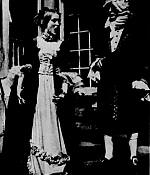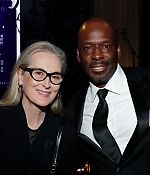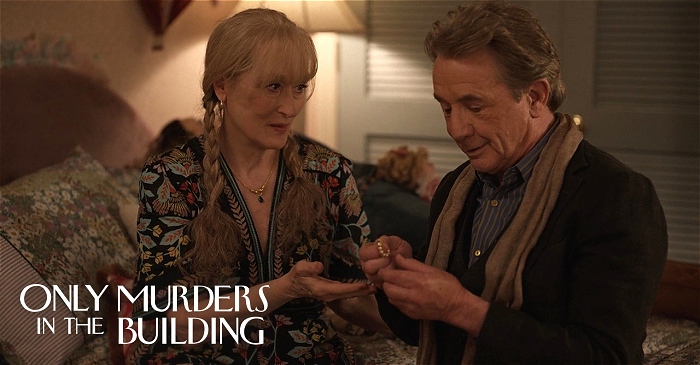
The London Merchant
March 06, 1971
· The Experimental Theatre of Vassar College
|
Vassar’s Miscellany News wrote about the production at Avery Hall: In their March 6 production of “The London Merchant,” the Experimental Theatre was for the most part unable to revive George Lillo’s “tragic” poetics. The use of the term tragic is the playwright’s own. My choice is more melodramatic. True tragedy was denied the production by its hero. Either as conceived by the playwright Lillo or interpreted by director Atkinson or portrayed by Sterling Swarm, George Barnwell was a totally unbelievable character. A wholly innocent and morally upright youth of eighteen. Barnwell is seduced by the morally corrupt but beautiful Millwood. Needless to say Millwood is only interested in Barnwell as a means to his beloved employer’s and beloved uncle’s monies. He embezzles one and murders the other all for the love of Millwood. Throughout the play, Barnwell is torn between bewailing his lost virginity (and ensuing moral infirmities) and contemplating the “joys of love” he shares with Millwood. But while he’s on stage you cannot really believe that he has been ‘getting any’ off stage. And if he hasn’t (or if you can’t believe that he has) then everything which happens on stage seems pointless, unmotivated.
Barnwell is plausible in the scenes in which he murders his uncle returns to Millwood without the money. Though the background motive was not convincingly developed, Mr Swarm is convincing in the murder, his consternation before it and his grief after it. But Millwood is the truly tragic figure. She is a scheming and unscrupulous woman. Meryl Streep coos, connives, weeps and screams her character alive. It is a role with which Ms. Streep is familiar. Through her performances as “Miss Julie”, Moliere’s Frosine of “The Miser” and now as Millwood, Ms. Streep is acquiring an image. Throughout the play the character builds into a despicable figure, a woman who exploits men without limit. Then in a powerfully dramatic moment she reveals her own tragic character and personal bitterness. “I curse your barbarous sex who robbed me of (uncommon perfections of mind and body) e’er I knew their worth, then left men, too late, to count their value by their loss. Another and another spoiler came; and all my gain was poverty and reproach… women are your universal prey.” Stage effects in the production truly justify the name Experimental Theatre. The set, designed by Otis Sweezey, centered around a circular platform which was divided into three scenes. For changes of scenes the platform rotated. Secondary sliding platforms at stage sides increased the variety of scene changes. Without these quick changes, the production might have strangled itself on the all ready too slow pace.










